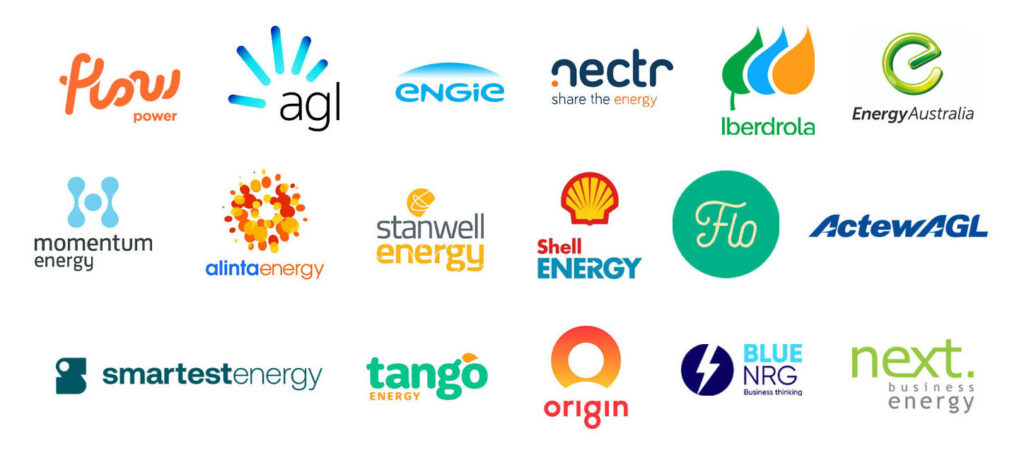Australia’s major electricity generators have issued a united call for a national plan to phase out coal generation to prevent market volatility, price shocks, and potential blackouts.
AGL Energy chief Graeme Hunt said there would be dire consequences for consumers, stakeholders, and Australia as a whole if the transition to renewable energy and net-zero emissions falls into chaos.
AGL recently announced plans to split into two different companies. Accell Energy will exclusively handle coal operations while AGL Australia will handle renewable energy and gas generation and retail.
The call comes at a time of concern for AGL’s Bayswater coal-fired power station after smelter Tomago signalled a strong intent to move to 100 percent renewables.
Mr Hunt’s call was backed by Alinta Energy CEO Jeff Dimery and EnergyAustralia’s Head of Markets Ross Edwards.
Origin CEO Frank Calabria had previously gone on the record warning that early and unplanned retirement of coal generation units would lead to a “messy transition” to renewable energy.
Energy generators fear that sudden phase out of coal will trigger price shock and volatility

The energy chiefs’ main concerns are that sudden failures or retirement of coal-fired generation units will trigger price shocks and instability and volatility in the National Energy Market.
Mr Hunt acknowledged that there had been some progress and movement to introduce reforms to the National Energy Market but a solid plan is needed to ensure a smooth coal retirement process.
He said that industry players, investors, and electricity consumers need certainty about the pathway to the shutdown of coal power plants.
Mr Hunt said Australia needs a plan to ensure an orderly transition from the current 70 percent of coal energy in the National Energy Market to other sources which will allow the country to get to a carbon-neutral state.
Alinta CEO Jeff Dimery echoed Mr Hunt’s sentiments and said that long-term planning and transparency on the retirement of coal will significantly reduce the risk for stakeholders, customers, and the grid.
EnergyAustralia’s head of markets Ross Edwards agreed that a mechanism is needed to provide confidence and ensure there is always adequate capacity in the system to meet consumer demand.
He said that existing market frameworks needed to be enhanced to ensure flexible and dispatchable capacity is available in the system to replace output from retiring coal plants.
Mr Edwards said any such plan to phase out coal needed to be covered by the Energy Security Board process to reform the National Energy Market.
Sarah McNamara – head of the Australian Energy Council which represents major electricity suppliers – agreed.
She said everyone in the sector wanted to see an orderly transition to a low-emissions energy grid.
The grid must ensure reliability and at the same time deliver electricity at the lowest cost for customers.
She said there are dramatic changes underway in the electricity sector and said it is critical that any reforms avoid disorderly closures of existing power plants.
Sudden exit of coal plants has caused electricity prices to skyrocket before
The Australian electricity market was thrown into turmoil and experienced huge price spikes when Engie and Mitsui abruptly announced the closure of Hazelwood in Victoria with only a few months’ notice in 2017.
New regulations came into effect over the minimum amount of notice generators can give when closing generation plants.
AGL announced that it was going to close Liddell in New South Wales in 2022, back in 2017. The Federal Government of the time put pressure on the company to reverse its decision or sell the plant to a company that would keep it running.
In 2019, AGL relented and agreed to keep three units at the plant running through Summer 22 and 23, before implementing plans to turn the site into a renewable energy hub.
National plan would require widespread consensus
Any plan for coordinating closures would require consensus to be reached by state and Federal governments, generation companies, employer groups, and other stakeholders.
Australian Competition and Consumer Commission Chairman Rod Sims said the ACCC could be the vehicle where energy generators could submit their plans to avoid accusations of cartel conduct.
As things stand, the government would need to pass some form of legislation to allow any form of coordinated plans to be made due to current competition laws.
The route to finding a solution may be complicated, but it can be done as Germany has demonstrated in its path to phasing out coal and moving to renewable energy sources.
Federal Energy Minister Angus Taylor’s office said that recommendations for National Energy Market reforms are being considered within the framework of maintaining sufficient dispatchable supply of electricity to keep the lights on, prices low and balance the volume of renewable energy coming into the system.
AGL and Alinta currently intend to run their coal plants until late in the 2040s, but a recent UN report stated that OECD countries needed to phase out existing coal plants by 2030 if there is any hope to limit global warming to 1.5 degrees.
Non-OECD countries have been given a timeline benchmark of 2040, meaning that Australia’s current trajectory places us nine years too late.
Why choose Leading Edge Energy?
Sign up for Leading Edge Energy’s newsletter and we’ll keep you abreast of all the latest, most relevant energy news and information for commercial and industrial consumers like yourself.
Want to reduce your business’ electricity or gas costs? Our Energy Experts can guide you with that. Just give us a call at 1300-852-770 or fill out our Get Started form today.
We source, analyse, compare and rank commercial, industrial and multisite energy quotes. Obligation Free.
Chat with one of our experienced consultants today and get the insights your business needs to help manage the risks associated with volatile electricity and natural gas markets. Our energy procurement service is obligation-free and provides a time-saving way of securing lower energy rates from our panel of energy retailers.














